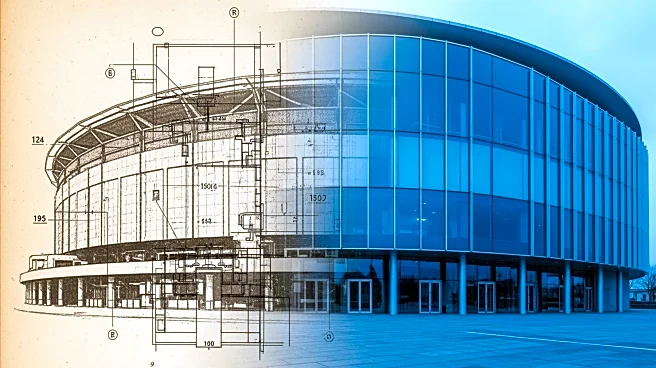Rapid Read • 6 min read
Since gaining independence in 1991, Ukraine has faced numerous challenges, including Russian interference and internal political upheaval. The country voted for independence amid the dissolution of the Soviet Union, with Leonid Kravchuk elected as its first president. Ukraine's commitment to dismantling nuclear warheads and joining NATO's Partnership for Peace marked significant steps in its international relations. The Orange Revolution in 2004 overturned a flawed election, leading to Viktor Yushchenko's presidency. The annexation of Crimea by Russia in 2014 and the ongoing conflict in the Donbas region have resulted in significant casualties and displacement. Ukraine's efforts to integrate with the EU and NATO continue, despite geopolitical tensions and internal challenges.
AD
Ukraine's post-independence journey is pivotal in understanding its current geopolitical stance and aspirations. The country's efforts to align with Western institutions reflect its desire for democratic governance and economic stability. The annexation of Crimea and the conflict in Eastern Ukraine highlight the ongoing geopolitical tensions with Russia, impacting regional security and international relations. Ukraine's resilience in the face of external aggression and internal political challenges underscores its determination to maintain sovereignty and pursue integration with European structures. The support from the U.S. and EU in terms of aid and military assistance is crucial for Ukraine's defense and its strategic goals.
AD
More Stories You Might Enjoy












